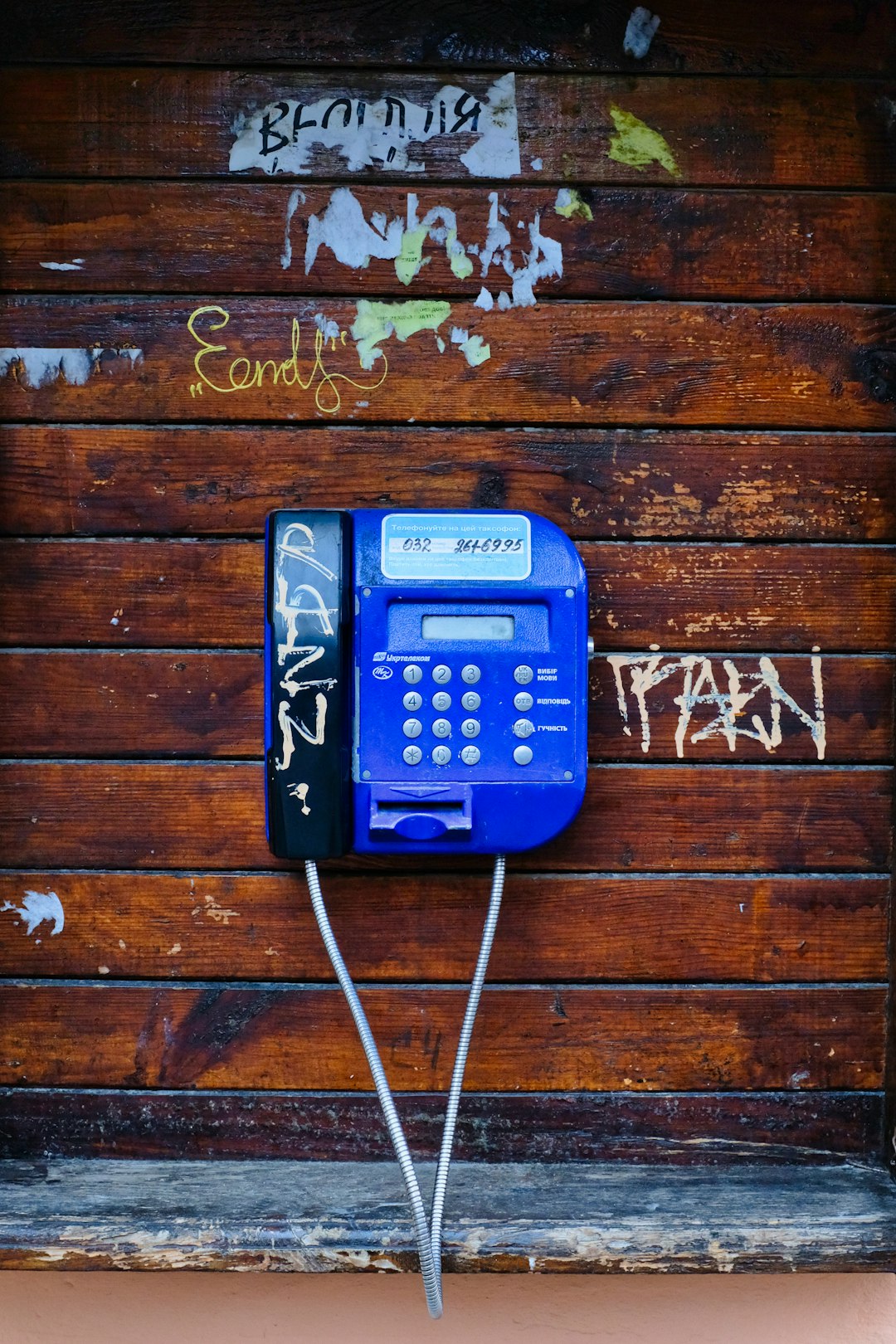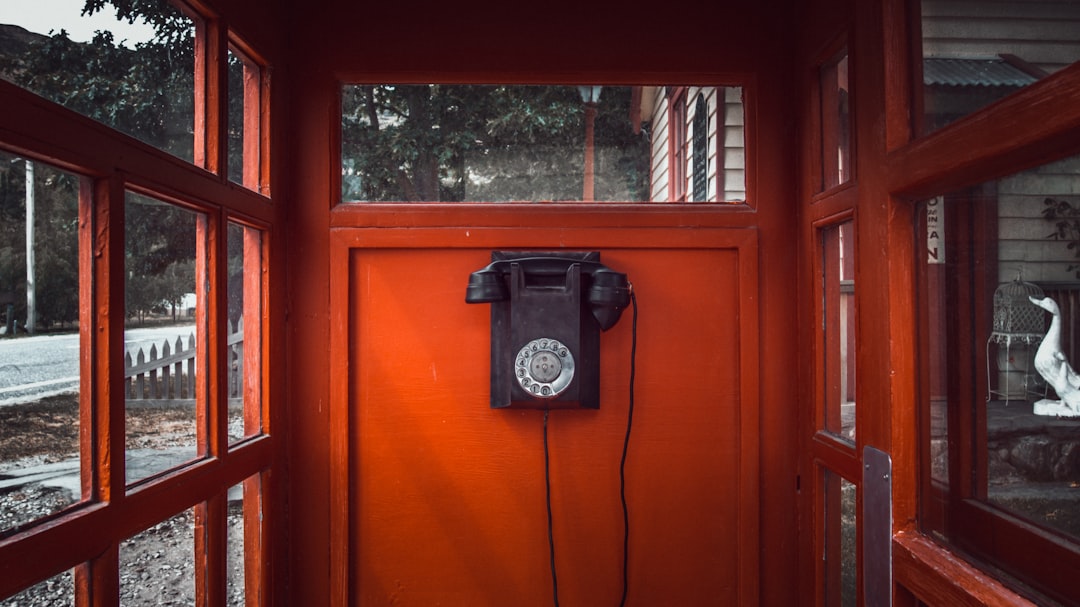In San Antonio, robocalls have become a prevalent and unwanted nuisance, leading to legal complexities under the Telephone Consumer Protection Act (TCPA). Residents can take action by filing complaints and consulting a robocall attorney for guidance. To combat this issue, several apps offer anti-robocall protection, with Hush and TrueCall being top contenders due to their advanced features and user reviews. When choosing an app, consider call blocking capabilities, privacy measures, and device compatibility. Staying informed about spammer tactics and taking proactive measures like using a robocall attorney service is crucial for San Antonio residents to counter threats from relentless robocallers.
Tired of relentless spam robocalls in San Antonio? You’re not alone. These automated calls, often carrying malicious intent, are a growing nuisance. This comprehensive guide tackles the issue head-on. We explore the legal landscape surrounding robocalls in San Antonio, review top anti-robocall apps, and offer expert tips to help you choose the best solution for your needs. Learn how to protect yourself from these unwanted intrusions with advice from local robocall attorneys and stay ahead of spammers.
Understanding Robocalls and Their Impact in San Antonio

In the digital age, Robocalls have become a ubiquitous and often unwanted part of daily life in San Antonio, much like a persistent buzz that never seems to subside. These automated phone calls, typically originating from call centers, are designed to deliver pre-recorded messages or connect callers to sales representatives. While some robocalls offer valuable services, many residents of San Antonio find themselves on the receiving end of unsolicited marketing calls, which can be frustrating and intrusive.
The impact of robocalls extends beyond mere annoyance. They can disrupt personal and professional lives, waste valuable time, and even pose security risks. Legal professionals in San Antonio often receive a surge of cases related to these spam calls, with individuals seeking legal recourse against relentless robocallers. As such, there is a growing demand for effective solutions to mitigate the problem, leading to an increased focus on robust anti-robocall technologies and applications.
The Legal Perspective: What Every San Antonian Should Know

In San Antonio, as in many parts of the country, robocalls have become a pervasive and frustrating issue, often posing legal challenges for residents. The Telephone Consumer Protection Act (TCPA) is a federal law designed to curb excessive robocalling and protect consumers from unwanted phone marketing calls. Under this act, businesses and call centers are prohibited from making automated or prerecorded calls to telephone numbers listed on the National Do Not Call Registry without prior express consent. San Antonio residents have the right to file complaints against violators, seeking both monetary damages and injunctive relief.
If you’re a San Antonian receiving disturbing robocalls, it’s advisable to consult with an experienced robocall attorney. Legal experts can guide you on how to navigate the TCPA and other relevant state laws to stop these nuisance calls effectively. They can help you understand your rights, file complaints if necessary, and potentially seek compensation for any harm caused by the unwanted calls.
Top Apps to Block Spam Robocalls: A Comprehensive Review

In the modern era, where technology has made communication more accessible, robocalls have emerged as a significant nuisance, especially for those in bustling cities like San Antonio. Fortunately, numerous apps are designed to combat this issue and provide much-needed relief from unwanted spam robocalls. Let’s explore some of the top contenders that offer robust protection against these invasive calls.
One popular choice is Hush. This app has garnered attention for its advanced machine learning algorithms that adapt to block various types of robocalls, including those from robocall Attorney San Antonio. Hush not only filters out spam but also provides users with detailed call analytics, allowing them to stay informed about their communication preferences. Another notable mention is TrueCall, a veteran in the field, offering a comprehensive suite of features to identify and block spam calls effectively. With real-time updates and a vast database of known spam numbers, TrueCall ensures a safer digital experience for San Antonio residents.
How to Choose the Best Anti-Robocall App for Your Needs

When selecting an anti-robocall app, consider your specific needs and preferences to ensure maximum effectiveness against spam robocalls in San Antonio. First, evaluate the app’s call blocking capabilities. Look for features like intelligent call screening, which uses machine learning algorithms to identify and block known spam numbers. Also, check if it offers do-not-disturb modes or customizable rules to manage calls based on your preferences.
Additionally, consider privacy and security features, especially when dealing with sensitive information. Some apps provide advanced privacy protections, such as encryption and secure call routing, which can prevent your number from being exposed to robocallers. Look for user reviews and ratings to gauge the app’s performance and reliability, and ensure it is compatible with your device and operating system. Remember that a robocall attorney in San Antonio can also guide you in choosing an app tailored to legal requirements for call blocking.
Staying Ahead of Spammers: Tips and Tricks for San Antonio Residents

Staying ahead of spammers is a constant battle for many San Antonio residents, especially with the rise of robocalls. These automated calls can be frustrating and often carry dangerous intent, such as fraud or scams. To combat this, it’s essential to stay informed about the latest tactics used by spammers and take proactive measures to protect yourself. One effective strategy is to use a reputable robocall Attorney San Antonio service that filters out unwanted calls before they reach your phone.
Regularly updating call blocking settings on your device and registering with Do Not Call lists are also key steps. Additionally, being cautious about sharing personal information over the phone and verifying the identity of callers can significantly reduce the risk of becoming a victim. Keeping your contact information private and using unique passcodes for different services further enhances security against spamming attempts.






